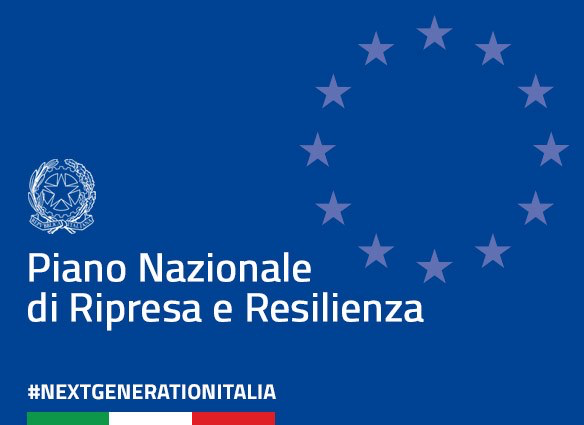MAIA-TAQA aligned with the National Recovery and Resilience Plan

The European Union has responded to the pandemic crisis, which has hit us since 2020 and from which we have not yet recovered, with the Next Generation EU fund (NGEU). This temporary instrument includes investments and reforms to accelerate the ecological and digital transition; improve training of male and female workers; and achieve greater gender, territorial and generational equity.
Italy is the first beneficiary, in absolute value, of the two main instruments of the NGEU: The Device for Recovery and Resilience (RRF) and the Recovery Assistance Package for Cohesion and the Territories of Europe (REACT-EU). The RRF mechanism requires member states to present an investment and reform package called the National Recovery and Resilience Plan (PNRR). This Italian plan divided into six missions include a mission entitled Green Revolution and Ecological Transition. In this sense, MAIA TAQA is aligned with these objectives.
In fact, it is developing a path towards sustainable environment in southern Mediterranean countries through four pilot projects: one in Egypt, one in Lebanon and two in Jordan.
In Jordan, the Aqaba Chamber of Commerce building was chosen for the installation of a solar thermal system that will partially cover the cooling needs of the building. Moreover, a photovoltaic system integrated into the structure was adopted, which will partially cover the electricity demand of the building.
In Lebanon, the Industrial Research Institute (IRI) will install an innovative, small-scale pilot plant for wastewater treatment on its premises at the Lebanese university campus in Hadat (south of Beirut).
Finally, in Egypt, the installation of a 100 kWp photovoltaic system is planned in the America Wholesale Market, capable of coping with most of the demand for electricity during the day.
In Italy, with the launch of the PNRR (Piano Nazionale di Ripresa e Resilienza), in particular in Mission 2, Public Administrations, families and micro-enterprises are identified in municipalities with less than 5,000 inhabitants, thus supporting the economy of small municipalities, often at risk of depopulation, and strengthening the social cohesion.
MAIA-TAQA pilots projects in Renewable Energies can inspire the implementation of small initiatives in Italy to help develop local territories in a sustainable way.









